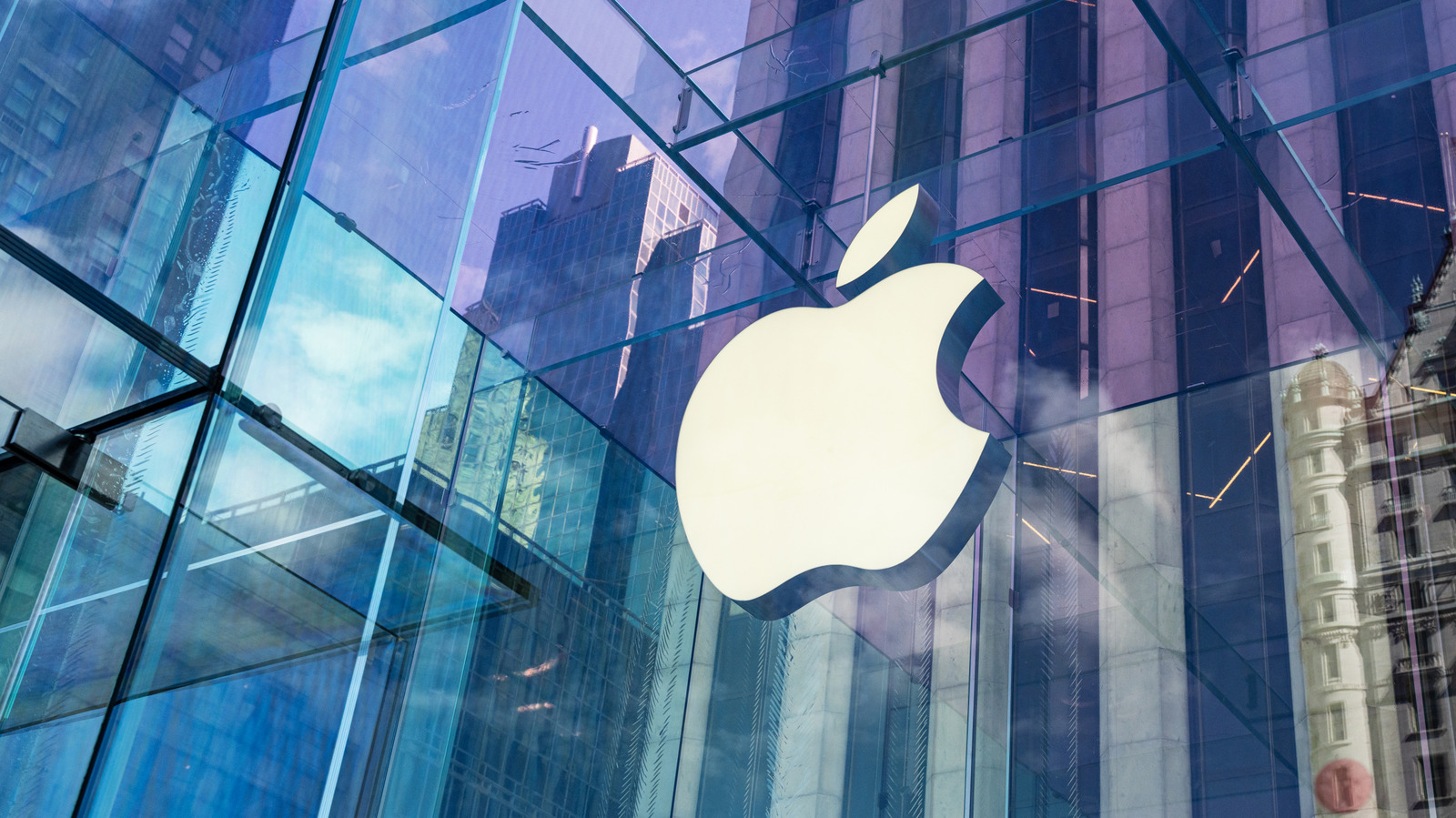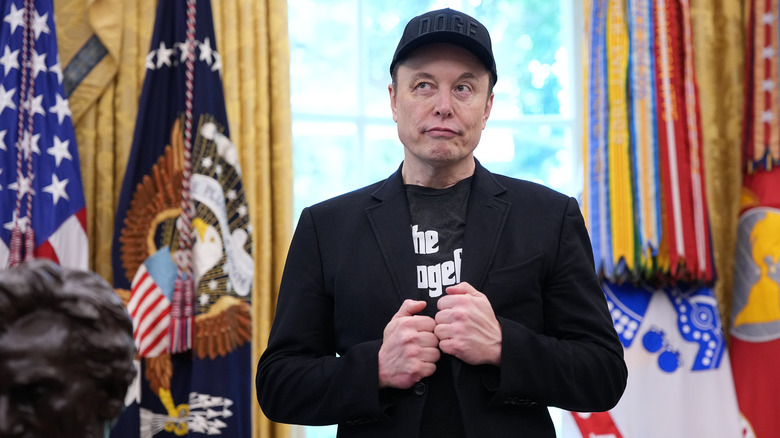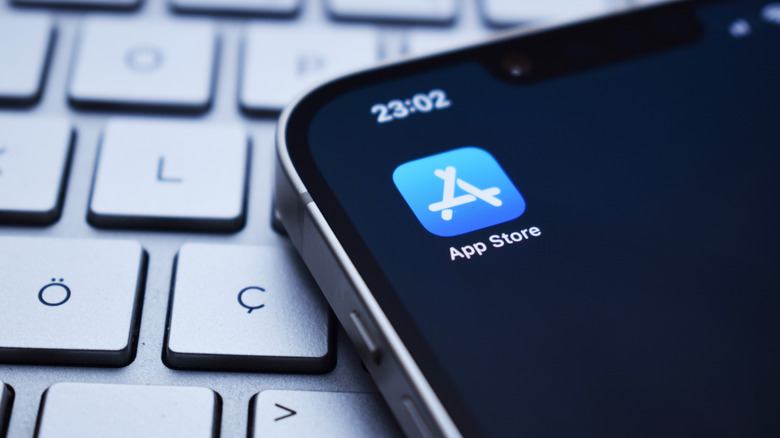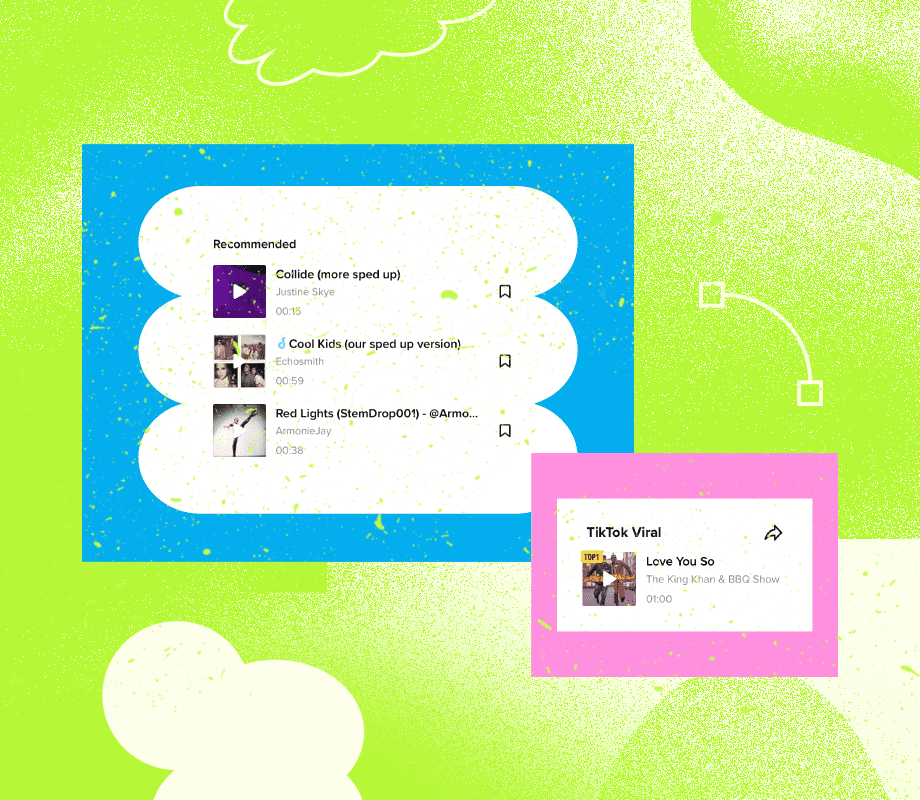As expected, Apple this week filed a motion asking a judge to dismiss xAI’s lawsuit against Apple and OpenAI. The original suit, if you recall, alleges that Apple is a monopolist and is using its market power to favor ChatGPT — via its deal with OpenAI — so that it can prevent rival AI apps from succeeding in the App Store. The suit further states that iPhone users “have no choice but to use ChatGPT, even if they would prefer to use more innovative and imaginative products like xAI’s Grok.”
If the legal theory here sounds convoluted, it’s because it is. Apple writes that the idea that it must treat every AI app the same is not rooted in any legal framework. Moreover, the legal brief adds that there’s no antitrust law which dictates that Apple is under any obligation to partner with all AI chatbot apps, “regardless of quality, privacy, or safety considerations, technical feasibility, stage of development, or commercial terms.”
Apple further argues that xAI’s claim regarding ChatGPT favoritism is baseless because it is “widely known that Apple intends to partner with other generative AI chatbots” in the future. Indeed, we’ve seen several reports indicating that Apple may incorporate Google Gemini into future iterations of iOS.
A closer look at Musk’s squabble with Apple
The suit against Apple is quite flimsy, and many of the specific claims from xAI are demonstrably false. For example, the suit alleges that Apple enacted measures to ensure that only ChatGPT can rise to the top of the App Store charts. Meanwhile, you might remember that the DeepSeek AI app hit the top spot on the App Store earlier this year. More recently, Google Gemini has been the top free app on the App Store for nearly two weeks running, thanks to its new Nano Banana photo editing upgrade.
Ultimately, xAI’s lawsuit seems to stem from the fact that Apple isn’t openly promoting Grok in its “Must Have” section. The reason behind this decision, however, likely has nothing to do with Apple being anti-competitive and more to do with some of the issues that have plagued Grok in recent months. For instance, back in August, Grok added a “spicy mode” that delivered NSFW content to users. Additionally, Grok back in July started spewing racist and antisemitic answers to user queries after the chatbot was manipulated by online users. Musk himself conceded that this was an issue and said steps were taken to prevent it from happening again.
All told, it’s perfectly understandable that Apple would be inclined to shy away from actively promoting a chatbot that’s prone to generating headlines for all the wrong reasons. The idea that Apple is legally obligated to promote an app that might be at odds with its own values is absurd. Meanwhile, Grok is still capable of competing on the App Store without an overt endorsement from Apple, which is the circumstance for millions of other apps on the App Store.
Why Apple’s motion to dismiss should be granted
I personally wouldn’t be shocked to see Apple’s motion to dismiss granted. Broadly speaking, the bar for antitrust claims is incredibly high, and xAI’s lawsuit is incredibly weak. For the case to move forward, xAI would have to somehow demonstrate that consumers are being harmed via concrete metrics like higher prices and stifled innovation.
Innovation, however, is hardly lacking in the AI space. Every week, there’s seemingly a new feature or app that pushes what AI can do to the next level. So while xAI argues that Apple’s deal with OpenAI stifles innovation, it doesn’t actually provide a plausible explanation as to why or how.
As far as antitrust claims go, xAI’s lawsuit is rather hollow and is arguably more of a publicity stunt than anything else. Or perhaps the lawsuit is simply a consequence of Musk’s own personal whims. Either way, there’s a strong chance the suit will be dismissed and never go to trial.












